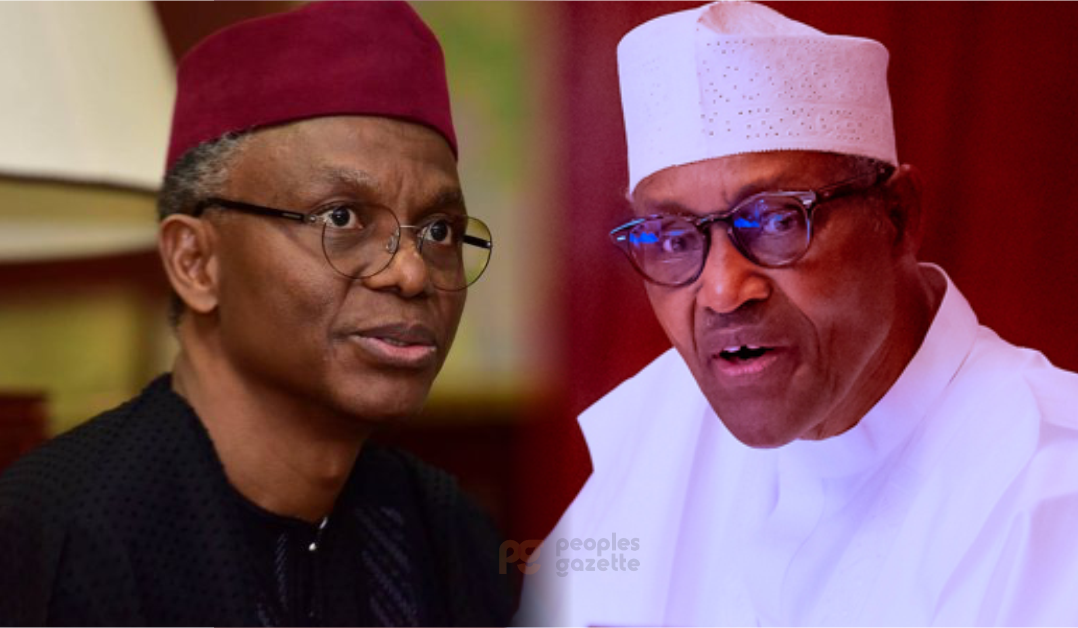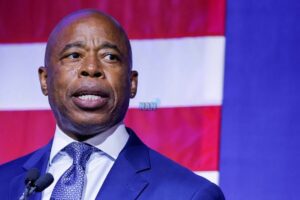During the inauguration of his successor, Senator Uba Sani, former Governor of Kaduna State, Nasir el-Rufai, criticized the administration of former President Muhammadu Buhari, holding them responsible for their failure to effectively address terrorism. El-Rufai claimed that he had advised the ex-president to take decisive action to combat the crisis but alleged that his advice was ignored.
El-Rufai expressed his disappointment, stating that he had requested the federal government in 2017 to recognize the emerging banditry as an insurgency and to deploy the full force of the military against the bandits. However, he claimed that this was not done until 2022, following a declaration by the Federal High Court. He expressed regret that the gravity of the problem was not acknowledged by the federal government until the banditry had caused significant harm to numerous people’s lives, freedom, and livelihoods.
While acknowledging that coordinated military action eventually commenced in 2022, El-Rufai emphasized that the job remains unfinished. He urged the government to sustain pressure on bandits, insurgents, and terrorists, and advocated for comprehensive and simultaneous military operations across the seven most affected states, which include six in the Northwest region and Niger State.
Regarding the security challenges in Kaduna State, El-Rufai asserted that his administration had diligently confronted them, resulting in the prevention of any statewide crisis over the past eight years.
In the meantime, the newly inaugurated Governor, Senator Uba Sani, called for the establishment of state police to address the issue of insecurity in the country. In his inaugural speech, he highlighted the need for a strategic overhaul to tackle the prevailing situation. He pledged that his administration would invest significantly in legally permissible efforts, including the deployment of technology for security and law enforcement. Additionally, he expressed the intention to provide support to the police, military, and other security agencies in the state. He also emphasized the importance of engaging traditional, religious institutions, and community leaders to enhance intelligence gathering and foster peaceful coexistence within various communities.




